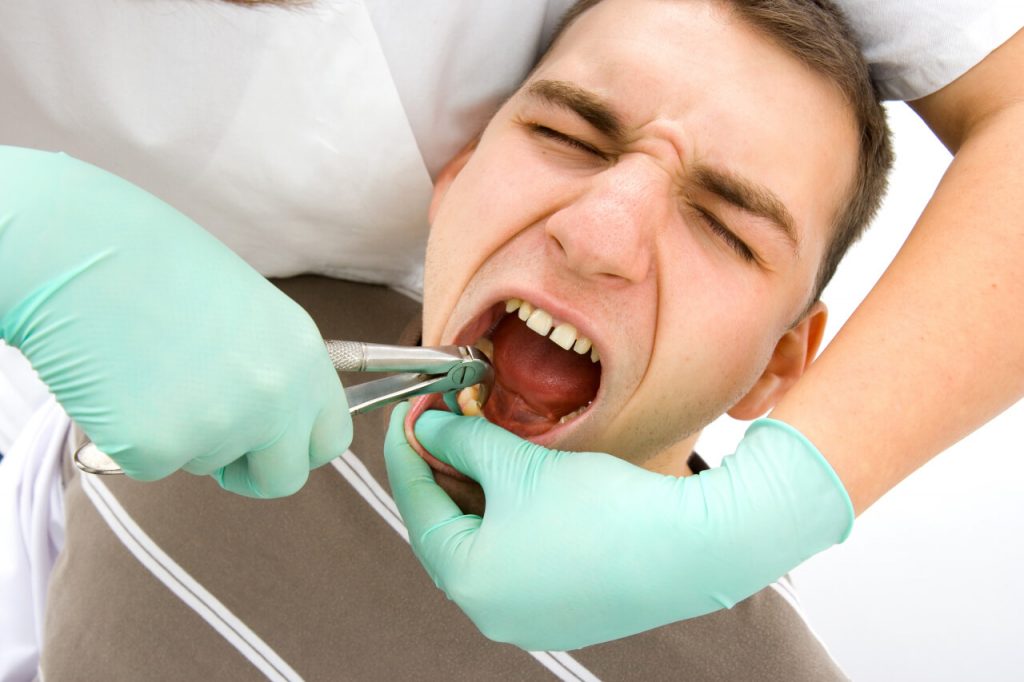Does Molar Extraction Hurt

The prospect of having a tooth extracted can be daunting, and one of the most common concerns people have is whether the procedure will be painful. The answer to this question is a bit complex, as it depends on various factors, including the type of extraction, the individual’s pain threshold, and the dentist’s or oral surgeon’s approach.
To begin with, it’s essential to understand that there are two main types of tooth extractions: simple and surgical. Simple extractions involve removing a tooth that is visible above the gum line and can be accessed easily. This type of extraction is typically performed by a general dentist and usually requires only local anesthesia to numb the area.
On the other hand, surgical extractions are more complex and involve removing teeth that are impacted, broken, or below the gum line. This type of extraction is often performed by an oral surgeon and may require additional anesthesia, such as sedation or general anesthesia, to ensure the patient’s comfort during the procedure.
Now, to address the question of whether molar extraction hurts: during the procedure, the dentist or oral surgeon will use local anesthesia to numb the area around the tooth. This will block the pain sensations, and you should not feel any discomfort during the extraction. However, you may feel some pressure or sensation of the tooth being rocked back and forth, which can be uncomfortable but not typically painful.
After the procedure, once the anesthesia wears off, you may experience some discomfort, swelling, or bruising in the affected area. This is a normal part of the healing process and can be managed with over-the-counter pain medications, such as ibuprofen or acetaminophen, as directed by your dentist or oral surgeon.
It’s also worth noting that some people may experience anxiety or fear related to the procedure, which can amplify their perception of pain. In such cases, sedation dentistry or conscious sedation may be an option to help relax the patient during the extraction.
To minimize discomfort and promote a smooth recovery, it’s essential to follow your dentist’s or oral surgeon’s instructions carefully. This may include:
- Taking pain medication as directed
- Applying ice to the affected area to reduce swelling
- Eating soft foods and avoiding chewing on the affected side
- Avoiding strenuous activities and getting plenty of rest
- Keeping the extraction site clean and following oral hygiene instructions
In rare cases, some people may experience more significant pain or complications after a molar extraction, such as dry socket, infection, or nerve damage. If you experience any of the following symptoms, contact your dentist or oral surgeon immediately:
- Severe pain that doesn’t respond to medication
- Excessive bleeding or swelling
- Fever or chills
- Bad taste or odor
- Numbness or tingling in the tongue, lip, or cheek
In conclusion, while molar extraction may involve some discomfort, the procedure itself is typically not painful due to the use of local anesthesia. By understanding the process, following post-procedure instructions, and addressing any concerns or anxiety, you can minimize your discomfort and ensure a smooth recovery.
It's essential to remember that every individual's experience with molar extraction is unique, and what works for one person may not work for another. Be sure to discuss your specific concerns and needs with your dentist or oral surgeon to ensure the best possible outcome.
FAQ Section
How long does it take to recover from a molar extraction?
+Recovery time can vary depending on the individual and the complexity of the procedure. Generally, it’s recommended to take it easy for 24-48 hours after the extraction, and most people can return to their normal activities within 3-5 days.
Will I need stitches after a molar extraction?
+Not always. In some cases, the dentist or oral surgeon may use self-dissolving stitches or no stitches at all, depending on the type of extraction and the individual’s healing process.
Can I eat normally after a molar extraction?
+It’s recommended to stick to a soft-food diet for the first few days after the extraction, avoiding chewing on the affected side. As you heal, you can gradually introduce more solid foods into your diet.
How can I manage pain after a molar extraction?
+Follow your dentist’s or oral surgeon’s instructions for taking pain medication, and consider using ice packs or warm compresses to reduce discomfort and swelling.
What are the risks and complications associated with molar extraction?
+While rare, potential complications can include dry socket, infection, nerve damage, or excessive bleeding. It’s essential to follow post-procedure instructions and contact your dentist or oral surgeon if you experience any unusual symptoms.